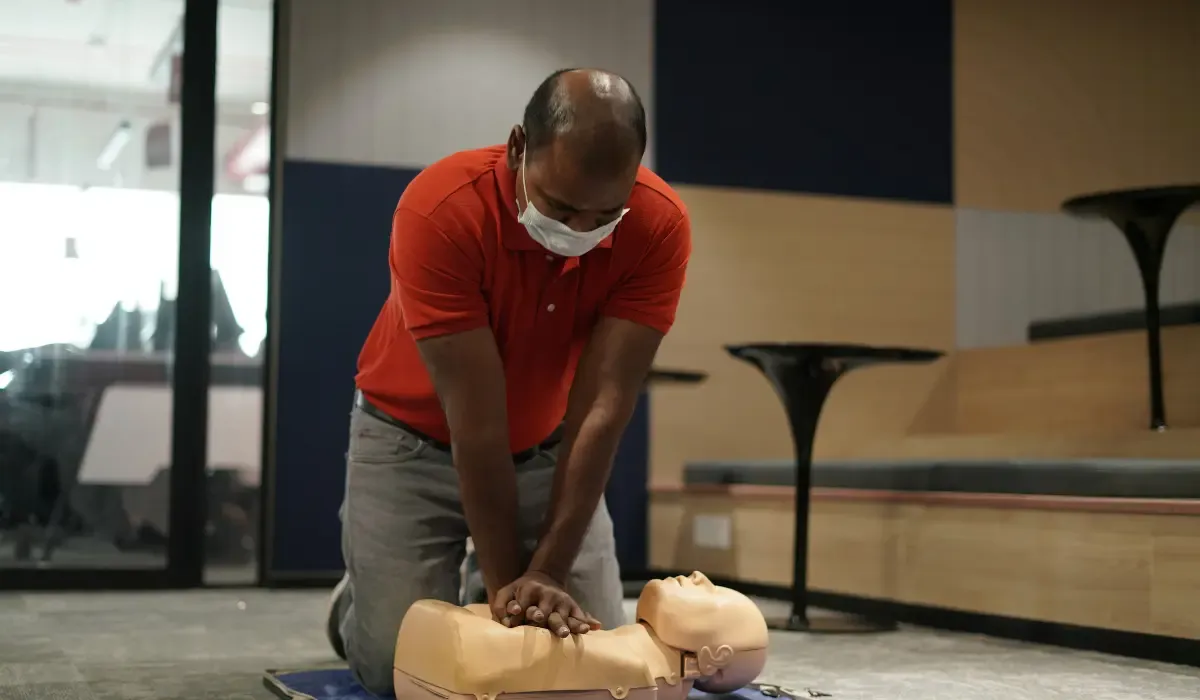
Accidents and medical emergencies can happen unexpectedly, and being prepared for these situations can make a huge difference. Whether it’s a sudden illness, an allergic reaction, or a flare-up of a chronic condition, knowing how to handle the situation can help you stay calm and get the care you need quickly.
Emergency medical help is critical during these moments. RED.Health provides vital ambulance services, offering fast response times and reliable emergency medical support. Below are practical steps to ensure you’re ready for a medical emergency, focusing on how you can use our services to stay safe.
The first step to being prepared is to understand common medical emergencies and how to recognize them. Heart attacks, strokes, severe allergic reactions, and choking are among the most common medical emergencies. By knowing the signs and symptoms of these conditions, you will be able to respond quickly and seek emergency medical help. For instance:
During a medical emergency, time is critical. Having important information readily available can help healthcare professionals treat you more effectively. Here is a list of things you should keep with you in case of an emergency:
In today’s digital world, technology can be a lifesaver during medical emergencies. Here are some ways you can use your smartphone to stay prepared:
Having immediate access to your medical information in an emergency can make a significant difference in your care:
For specific medical emergencies, you may need to stay in a hospital overnight. It’s a good idea to pack a small bag with essential items:
We are committed to providing quick, efficient ambulance services, whether you need an air, road, or train ambulance. In medical emergencies, time matters, and we ensure that help is always just a call away.
RED.Health’s ambulance services are available 24/7, ensuring immediate care when needed most. Our emergency services integrate with digital tools, ensuring connectivity with healthcare providers quickly.
By being informed, keeping essential details readily available, and utilizing technology, you can be prepared for any medical situation. RED.Health is your trusted partner in emergencies, offering reliable ambulance services to ensure your safety and well-being. Remember, preparedness is key to managing medical emergencies with confidence. Always have access to your local emergency services to guarantee timely help when you need it most.